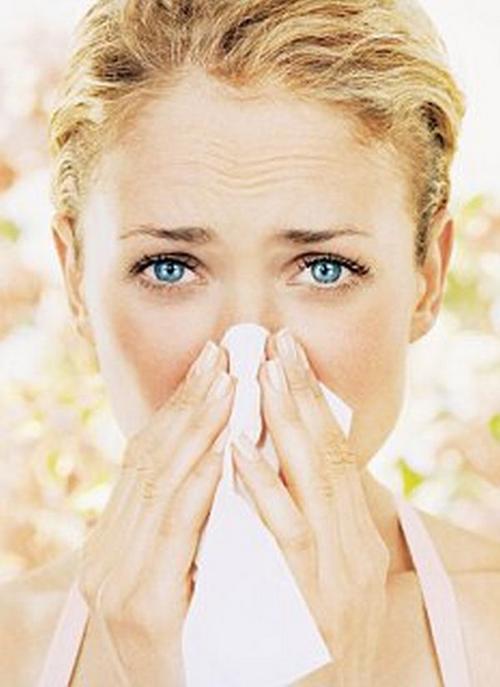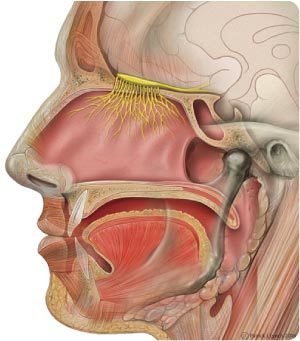Get Spring Fever Instead of Hay Fever
Hay fever, also known as allergic rhinitis, refers to allergies caused by common allergens like dust, weeds, dander, grass and pollen. Hay fever is seasonal and it is more common during spring and autumn. Interestingly, hay fever is not caused by hay and is not usually accompanied by a fever!
- Hay Fever Causes
- Pollen from trees, ragweed and grass as well as fungi spores are known to be the most common causes of hay fever. Indoor allergens like dander and dust mites can also cause hay fever. Whenever you come into contact with these particles, your body releases chemicals called histamines which in turn cause allergy symptoms. Having asthma or a family history of hay fever may increase your chances of getting hay fever.

- Hay Fever Symptoms
- Some of the most common symptoms of hay fever include itchy or sore throat, watery or bloodshot eyes, runny or clogged nose, coughing, sneezing, clogged ears, puffiness or dark circles around the eyes, headaches, fatigue, lack of sleep and post-nasal drip.
- Hay Fever Prevention
- For starters, you can limit the time you spend outside, especially during peak hay fever season. Try to use air filters and air conditioning when indoors and also keep your house free of dander and mould. Preventive allergy shots may also decrease the severity of hay fever symptoms.

- Hay Fever Treatment
- Dozens of medications can help you cope with hay fever. Taking antihistamines and using nasal sprays or rinses have been known to help with hay fever. Non-prescription medication for hay fever is usually effective for mild symptoms. But if you have severe symptoms, your physician might prescribe medication based on the results of a blood test or skin test.
- Self-Care for Hay Fever
- If you have mild symptoms of hay fever, try gargling with warm, salty water, taking non-prescription antihistamines and decongestants, using eye drops to relieve itching, and using nasal corticosteroid sprays. Always consult with your doctor before self-medicating, especially if you¿re pregnant or nursing.
- When to Seek Medical Care
- Hay fever can last for weeks or months. However, if your sore throat gets worse, if you have discharge from the ear, sharp earaches, bloody or coloured nasal discharge, or difficulty breathing, get medical attention right away. Your doctor may prescribe prescription-strength medication to help you feel better.
Hay fever can be triggered by both outdoor and indoor allergens, so there's no real way to prevent it. But this does not mean that hay fever has to make your life miserable. With the help of your physician, you can manage hay fever effectively so that it does not interfere with your everyday activities.
